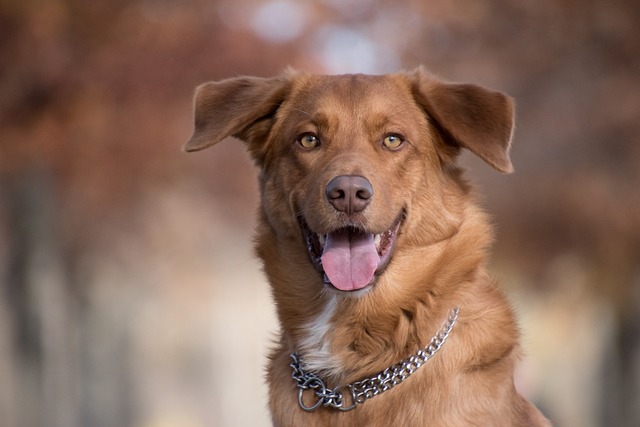
How do i train my dog to be obedient?
Watching your dog dart across the park ignoring your calls isn’t just frustrating—it can put them at risk near busy streets or public spaces.
Bringing home a 2-month-old puppy is an exciting time, but it also comes with the big task of potty training. Many new puppy parents wonder: is it even possible to potty train a tiny pup this young? The short answer? Yes, but with realistic expectations and plenty of patience.
At just 8 weeks old, a puppy’s bladder and bowel control are still developing. Their tiny bodies can only hold pee for about 1 hour per month of age, meaning your 2-month-old can manage 2 hours tops. This isn’t a lack of intelligence—their muscles simply aren’t ready for long stretches. So, while full mastery is a stretch, you can start building good habits.
Begin by creating a consistent schedule. Take your puppy outside every hour, right after waking up, after playtime, and 15 minutes after eating. Use a specific command like “go potty” each time. When they do their business outside, celebrate with enthusiastic praise and a tiny treat. Remember, positive reinforcement works wonders in the dog training world.
 Choose the right outdoor spot. Whether it’s your backyard or a designated patch of grass nearby, consistency helps your puppy associate the location with potty time. In some US cities, like New York, it’s illegal to let your dog relieve themselves on public sidewalks or private property without permission, so make sure you’re in a legal area. In the UK, local councils enforce similar rules, and fines can apply for non-compliance.
Choose the right outdoor spot. Whether it’s your backyard or a designated patch of grass nearby, consistency helps your puppy associate the location with potty time. In some US cities, like New York, it’s illegal to let your dog relieve themselves on public sidewalks or private property without permission, so make sure you’re in a legal area. In the UK, local councils enforce similar rules, and fines can apply for non-compliance.
Accidents are inevitable during this stage. When they happen, resist the urge to scold. Puppies don’t understand punishment for past mistakes. Instead, clean the mess thoroughly with an enzymatic cleaner to remove the scent—dogs are more likely to return to soiled areas. Then, immediately take your puppy outside to reinforce the right behavior.
Crate training can be a valuable tool, but use it responsibly. A crate should never be used as a punishment. In Europe, animal welfare laws regulate crate usage, emphasizing that crates must be large enough for the dog to stand, turn around, and lie down comfortably. In the US, the ASPCA recommends using crates only for short periods, especially for young puppies. Use the crate as a cozy den, but never leave your 2-month-old puppy inside for more than 2 hours at a time.
Socialization is another crucial aspect to consider. While you focus on potty training, remember that puppies need safe interactions with people, animals, and environments. However, be cautious about where your puppy walks outdoors. In many areas, there are strict leash laws, and letting your puppy roam freely in public spaces can lead to fines and potential health risks, especially if the area isn’t clean.
Potty training a 2-month-old puppy is a marathon, not a sprint. It’s about laying the groundwork for future success. By staying consistent, following local laws, and showing lots of love, you’ll gradually see progress. Don’t get discouraged by setbacks—every puppy learns at their own pace. Before you know it, your little furball will be a potty-trained pro, making life easier for both of you.

Watching your dog dart across the park ignoring your calls isn’t just frustrating—it can put them at risk near busy streets or public spaces.

New puppy owners often find themselves rushing to clean up accidents before they set in, and that’s where puppy pad training becomes a game-changer.

If you've noticed your dog's waistline disappearing and your veterinarian has mentioned those few extra pounds, your first instinct might be to simply reduce the amount of food in their bowl.

Training a dog to use a designated spot indoors isn’t as daunting as many new owners fear, but it does take consistency and an understanding of your pet’s needs.

That moment of dread on a walk is all too familiar for many new dog owners. You see another dog approaching down the sidewalk of your neighborhood

If the sight of another dog on your neighborhood walk makes your heart sink as your own dog erupts into a frenzy of barking and lunging, you're not alone.